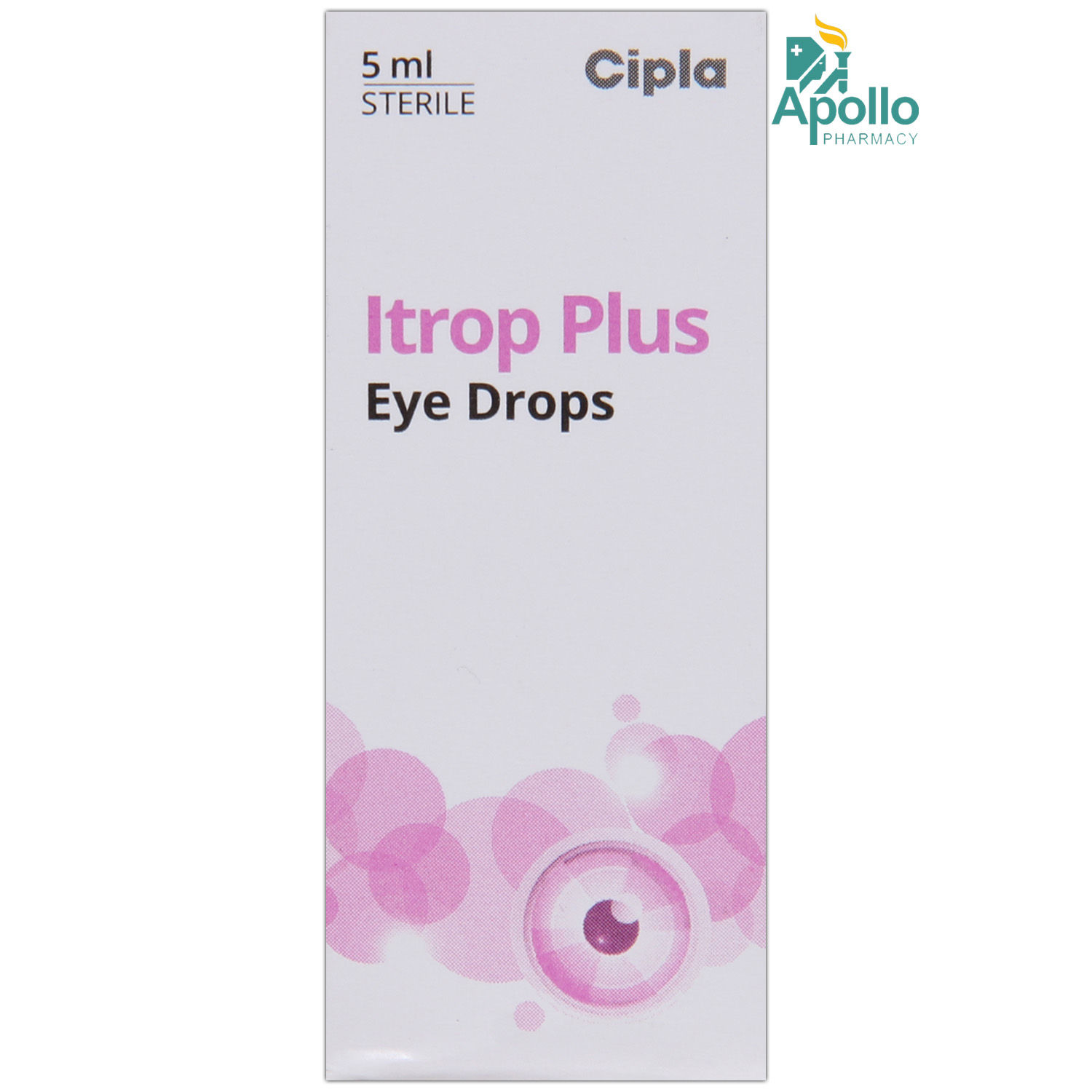T-Ford Eye Drop
₹43.2*
MRP ₹48
10% off
₹40.8*
MRP ₹48
15% CB
₹7.2 cashback(15%)
Free Delivery
With Circle membership
(Inclusive of all Taxes)
This offer price is valid on orders above ₹800. Apply coupon PHARMA10/PHARMA18 (excluding restricted items)
Know Your Delivery Time
Provide Delivery Location

Whats That

Secure Payment

India's Most Trusted Pharmacy

Genuine Products
Composition :
Manufacturer/Marketer :
Consume Type :
Return Policy :
About T-Ford Eye Drop
T-Ford Eye Drop belongs to the class of medications called ‘Ophthalmic agents’ used for examining the eye during the diagnosis or detection of any eye disease, or therapeutic procedures. It can help detect eye inflammation or any other eye diseases such as uveitis (inflammation of the middle layer of the eyewall) or in ophthalmoscopy procedures (retinal examination) or during eye surgeries.
T-Ford Eye Drop is a combination of two medicines: Tropicamide and Phenylephrine. Tropicamide is an anticholinergic, while Phenylephrine is a decongestant. They work by making the pupil of your eye larger and relaxing the muscles in your eye. This allows proper examination of the inside of your eye.
T-Ford Eye Drop is for external use only. You should take this medicine as prescribed by your doctor. The common side-effects of T-Ford Eye Drop are headache, dizziness, blurred vision, photophobia (sensitivity to light), eye pain, eye irritation, burning or stinging sensation in the eye, skin rash, hypotension (low blood pressure) and nausea (feeling sick). Inform your doctor if any of these side-effects persist or get worsen.
Do not take T-Ford Eye Drop if you are allergic to Tropicamide, Phenylephrine or any contents of it. Before taking T-Ford Eye Drop, inform your doctor if you have glaucoma (increased pressure in the eye), heart diseases, hypertension (high blood pressure), hormonal disorders, thyroid problems, diabetes and tachycardia (increased heart rate). Inform your doctor if you are pregnant or breastfeeding before starting T-Ford Eye Drop. It should not be used in children below 1 year.
Uses of T-Ford Eye Drop
Medicinal Benefits
T-Ford Eye Drop is a combination of two medicines: Tropicamide and Phenylephrine. Tropicamide is an anticholinergic, while Phenylephrine is a decongestant. They work by making the pupil of your eye larger and relaxing the muscles in your eye. This allows proper examination of the inside of your eye.
Side Effects of T-Ford Eye Drop
- Headache
- Dizziness
- Blurred vision
- Photophobia (sensitivity to light)
- Eye pain
- Eye irritation
- Burning or stinging sensation in the eye
- Skin rash
- Hypotension (low blood pressure)
- Nausea (feeling sick)
Directions for Use
Storage
Drug Warnings
T-Ford Eye Drop may increase pressure inside the eye, so it should not be used in patients with glaucoma. It is advised to remove contact lenses at least 15 minutes before instilling T-Ford Eye Drop drops as it may eye irritation. T-Ford Eye Drop should be used with caution in patients with eye inflammation. T-Ford Eye Drop is also used with extreme caution in children, especially with Down syndrome and brain damage as there is an increased risk of side-effects associated with the nervous system.
Therapeutic Class
Diet & Lifestyle Advise
- Sleep for at least six to eight hours to rejuvenate your eyes naturally.
- Wash your eyes with clean water at least two to three times a day
- Manage stress, eat healthily, drink plenty of water, exercise regularly and get plenty of sleep.
- Avoid alcoholic beverages as it can make you dehydrated and affect your sleep. This effect can also affect your body’s ability in fighting off infections.
- Reduce screen time (by avoiding watching tv, or phone) and use sunglasses while going out into the sunlight.
Habit Forming
How T-Ford Eye Drop Works
What if I have taken an overdose of T-Ford Eye Drop
Alcohol
Caution
Alcohol may interfere with the action of T-Ford Eye Drop. Hence please limit/avoid taking alcohol while being treated with T-Ford Eye Drop.
Pregnancy
Caution
When clinically needed, T-Ford Eye Drop is given by a doctor to pregnant women after doing a risk/benefit assessment. Please consult your doctor before using T-Ford Eye Drop if you are pregnant or planning to conceive.
Breast Feeding
Caution
Please consult your doctor before using T-Ford Eye Drop if you are breastfeeding.
Driving
Caution
T-Ford Eye Drop may cause blurred vision. So, avoid driving or operating heavy machinery until your vision is clear.
Liver
Safe if prescribed
T-Ford Eye Drop can be given safely to patients with liver diseases when prescribed.
Kidney
Safe if prescribed
T-Ford Eye Drop can be given safely to patients with kidney diseases when prescribed.
Children
Caution
T-Ford Eye Drop should be used with caution in children with heart and neurological diseases. It is not recommended for use in children less than 1 year of age.
Country of origin
Manufacturer/Marketer address
Author Details
We provide you with authentic, trustworthy and relevant information
FAQs
Disclaimer
Product Substitutes
















